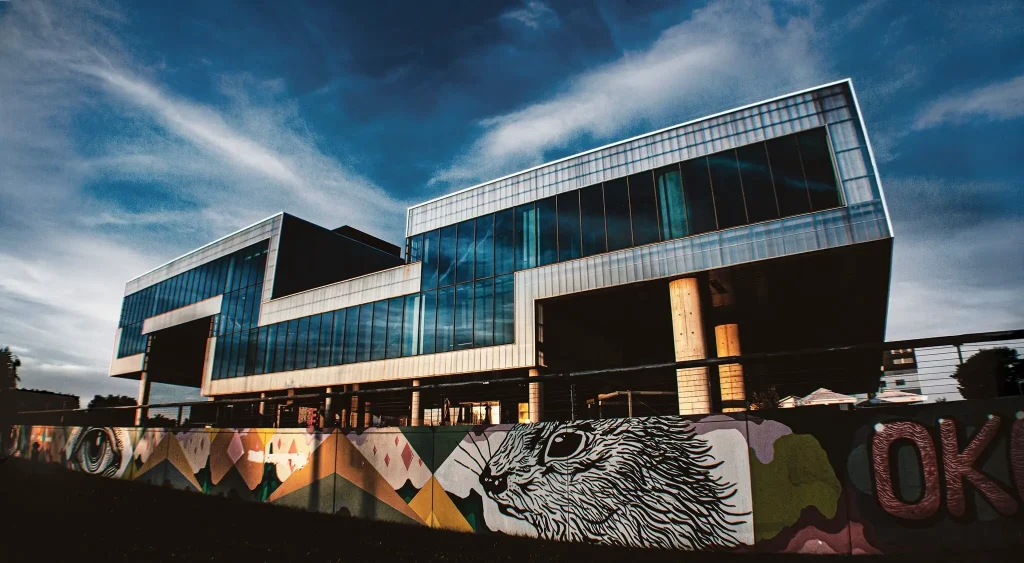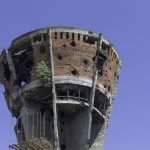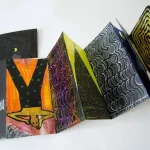With the many good practices of additional education and popularising scientific and educational fields for young people (such as the SCOPE Project by the Višnjan Observatory), the Museum of Contemporary Art (MSU) in Zagreb is also making its contribution in line with their field. Their Museum Practicum project that started on September the 1st and will last until June the 30th, 2022, wants to introduce young people aged 15-25 to contemporary art, and to the basics of curator practices and other types of museum work. Thirty selected people will be mentored by the project team, partners, and hired experts and artists.
”The work with these young people will be held via online platforms, and it will include moderated conversations, mentorships, and co-creating virtual exhibitions from MSU holdings and exhibitions of their own work in the medium of photography created within the project,” says MSU’s website.
In this way, the project wants to provide young people with the opportunity to develop their own creative skills and knowledge through a virtual space and open space for both their expression and self-promotion.
”Even though curriculum reforms have already started, the need for young people interested in developing their social and creative skills is strong, as the education system does not provide that enough. Additionally, there is the insufficiency in regional representation and the limited participation opportunity of young people in art and culture activities due to the lack of extracurricular activities, all of which has been additionally worsened by the COVID-19 pandemic,” says MSU, addressing the importance of the Museum Practicum Project in light of the many issues faced by Croatian schools.
The further recognition of the importance of the project is evident by the financial support of the EU from the European Social Fund, and the total budget of the project is 201,092.83 kuna.
The Museum Practicum Project and its wider goal of educating young people in preparing virtual exhibitions is similar and in line with the Women and Technology Program at the Nikola Tesla Technical Museum, about which TCN previously wrote. Add in the overall challenges in the Croatian education system, from a lack of extracurricular activities to the previously mentioned problems of the straight A epidemic, and projects like these seem like welcome solutions to help young people recognise their worth and find passion in their lives.
Learn more about Zagreb on our TC page.
For more about education in Croatia, follow TCN’s dedicated page.











